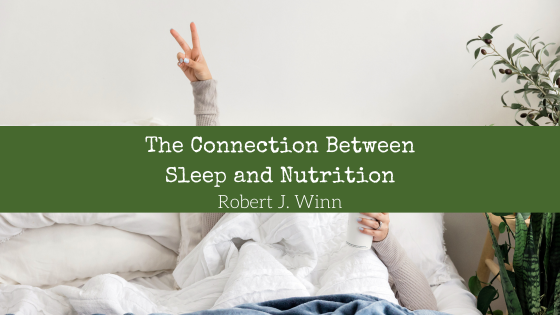The relationship between sleep and nutrition is intricate and bidirectional. Both aspects significantly influence overall health, and disruptions in one can adversely affect the other. This article explores how nutrition impacts sleep quality and how sleep affects dietary choices.
How Nutrition Affects Sleep
The Role of Nutrients
Certain nutrients play crucial roles in promoting good sleep:
- Tryptophan: An amino acid found in turkey, dairy, and nuts, tryptophan is a precursor to serotonin and melatonin, neurotransmitters that regulate sleep.
- Magnesium: Found in leafy greens, nuts, and seeds, magnesium helps relax muscles and nerves, promoting restful sleep.
- Vitamin B6: Present in fish, bananas, and chickpeas, B6 aids in the conversion of tryptophan to serotonin.
- Calcium: Dairy products and leafy greens are rich in calcium, which also helps produce melatonin.
The Impact of Diet
A balanced diet can improve sleep quality. Diets high in sugar, saturated fats, and processed foods can disrupt sleep patterns and lead to poor sleep quality. Conversely, a diet rich in fruits, vegetables, lean proteins, and whole grains supports better sleep.
How Sleep Affects Nutrition
Hormonal Regulation
Sleep influences hormones that regulate hunger and appetite:
- Ghrelin and Leptin: Ghrelin stimulates appetite, while leptin signals fullness. Lack of sleep increases ghrelin levels and decreases leptin levels, leading to increased hunger and cravings, especially for high-calorie foods.
- Insulin Sensitivity: Poor sleep reduces insulin sensitivity, increasing the risk of weight gain and type 2 diabetes.
Dietary Choices
Sleep deprivation can lead to poor dietary choices. Individuals who are sleep-deprived tend to consume more calories, particularly from snacks high in sugar and fat. This is partly due to impaired decision-making and increased cravings.
Tips for Improving Sleep and Nutrition
Eat a Balanced Diet
A balanced diet rich in fruits, vegetables, lean proteins, and whole grains supports better sleep. Incorporating sleep-promoting nutrients like tryptophan, magnesium, and calcium can also help.
Maintain a Regular Sleep Schedule
Going to bed and waking up simultaneously every day helps regulate your body’s internal clock, improving sleep quality.
Avoid Stimulants
Limit the intake of caffeine and alcohol, especially in the evening, as they can disrupt sleep patterns.
Manage Stress
Stress can negatively impact sleep and dietary choices. To reduce stress levels, practice relaxation techniques such as meditation, deep breathing, or yoga.
The connection between sleep and nutrition is profound, with each influencing the other in significant ways. A balanced diet not only promotes better sleep but also enhances overall health. Similarly, adequate sleep supports healthier dietary choices and hormonal balance. You can improve your overall well-being by understanding and optimizing the interplay between sleep and nutrition.

